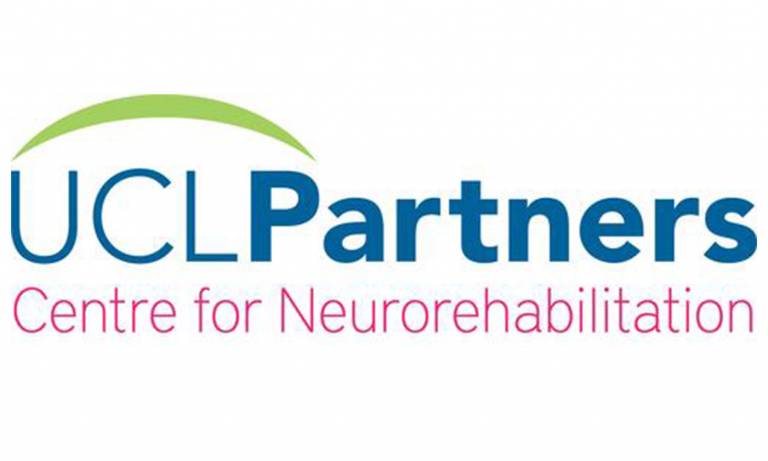UCLP Centre for Neurorehabilitation seminar: Professor Geert Verheyden
12 January 2023, 5:30 pm–7:00 pm

Sensory discrimination in the upper limb after stroke: clinical and robot-based evaluation and therapy
Event Information
Open to
- All
Availability
- Yes
Cost
- £0.00
Organiser
-
UCLP Centre for Neurorehabilitation
Lecture Theatre, 33 Queen Square, London WC1N 3BG
OR Online via Zoom
Please send enquiries to: cnr@ucl.ac.uk
Seminar topic: There are three somatosensory modalities in humans: exteroception, proprioception and higher cortical somatosensation. Proprioception and higher cortical somatosensation are also called sensory discrimination whereby a stimulus provided requires an interpretation. Depending whether this stimulus is combined with a voluntary motor activity or not, we speak about active or passive sensory discrimination.
There is evidence in people after stroke that all somatosensory modalities for the upper limb can be affected, typically to a greater extent early after stroke and demonstrating non-linear recovery, similar to recovery for the motor domain. Furthermore, findings suggest a stronger link with upper limb motor and functional activities for sensory discrimination modalities compared to exteroception.
Studies in this domain have used clinical scales such as for instance the Erasmus modified Nottingham Sensory Assessment and although clinical outcomes are of interest for the clinical setting, the psychometric strengths of clinical outcomes in the somatosensory domain is perhaps not always convincing. This is where robot-based evaluations have the advantage over clinical tools because of reduced subjectivity, greater objective quantification and improved sensitivity.
A novel robot-based evaluation for the sensory discrimination domain will be presented by making use of the KINARM robot. The tasks developed evaluate both passive and active sensory discrimination. Results from a validation study including people after stroke and healthy controls will be presented, demonstrating applicability for the stroke domain. Furthermore, a robot-based treatment protocol was designed to treat deficits in the sensory discrimination modalities and pilot results will be presented demonstrating potential for this technological approach, offering further research hypotheses about the subgroup of patients that could significantly benefit from additional therapy for sensory discrimination deficits.
About the Speaker
Professor Geert Verheyden
at KU Leuven
Dr. Geert Verheyden (PT, PhD, FESO) is Professor of Rehabilitation Sciences and Physiotherapy at KU Leuven – University of Leuven in Belgium. He holds a PhD in Rehabilitation Sciences and Physiotherapy (KU Leuven, 2006) and is since 2011 Stroke Rehabilitation Research Lead investigating sensorimotor assessment, recovery and rehabilitation after stroke. His work is funded through KU Leuven, Research Funds Flanders, EU Horizon 2020 and international grants.
Geert is executive committee member of the International Stroke Recovery and Rehabilitation Alliance (ISRRA), fellow and currently chair of the Neurorehabilitation committee of the European Stroke Organisation (ESO) and leads the first ESO guideline development on motor rehabilitation after stroke.
Geert is also an educator in neuro- and stroke rehabilitation in the bachelor and master program Rehabilitation Sciences and Physiotherapy and is currently program lead for the BSc and MSc programs.
 Close
Close

